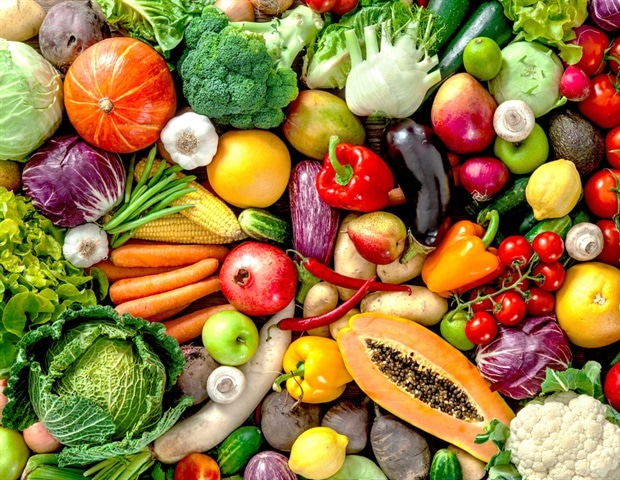Rising global temperatures and escalating carbon dioxide levels are not just environmental concerns—they’re directly compromising the nutritional value of our food supply, according to alarming new research from the University of California’s Climate Change Institute.
The study, published this week in the Journal of Agricultural Sciences, reveals that staple crops grown under higher CO2 conditions contain significantly lower levels of essential nutrients, potentially creating what researchers are calling a “hidden hunger crisis” that could affect billions worldwide.
“We’re facing a nutritional emergency that’s developing in plain sight,” explains Dr. Amara Singh, lead researcher on the project. “Crops grown today contain up to 30% less zinc, iron, and protein than the same varieties grown 50 years ago, and climate change is accelerating this depletion.”
The research team analyzed data from agricultural sites across five continents, comparing nutrient profiles of crops grown under various environmental conditions. Their findings show that for every degree Celsius increase in temperature, wheat loses approximately 5-8% of its protein content, while rice shows marked decreases in essential B vitamins.
This nutritional decline poses particular risks for vulnerable populations in developing nations, where people rely heavily on plant-based diets and have limited access to diverse food sources. Dr. Singh estimates that by 2050, climate-related nutritional deficiencies could affect over 3 billion people globally, exacerbating existing public health challenges.
“It’s not just about having enough food—it’s about whether that food contains the nutrients needed for human health,” notes Dr. Victoria Chen, nutrition policy advisor at the Global Health Institute, who wasn’t involved in the study. “We’re looking at potential increases in conditions like anemia, compromised immune function, and developmental issues in children.”
The economic implications are equally concerning for Canadian farmers, who face declining crop quality alongside productivity challenges. Agriculture Canada estimates that climate-related quality reductions could cost the sector up to $3.7 billion annually by 2040 if mitigation strategies aren’t implemented.
Some promising solutions are emerging. Agricultural researchers are developing climate-resilient crop varieties with enhanced nutrient retention capabilities. Meanwhile, farming techniques like precision agriculture, companion planting, and improved soil management show potential for partially offsetting nutrient losses.
“We need a dual approach,” explains Martin Rousseau, policy director at the Canadian Agricultural Association. “We must continue aggressive carbon reduction efforts while simultaneously adapting our food systems to the changing climate reality.”
For consumers, dietary diversification and greater awareness of nutritional quality may become increasingly important. Nutritionists recommend emphasizing nutrient-dense foods and varying protein sources to compensate for declining nutrient density in individual crops.
The findings add urgency to climate policy discussions ahead of next month’s International Climate Summit in Geneva, where food security experts will present recommendations for coordinated global action on agriculture, nutrition, and climate policy.
As our planet warms and our food quietly loses its nutritional value, we face a critical question: Will we transform our agricultural systems quickly enough to preserve not just the quantity of our food supply, but its ability to truly nourish us?










